Why do they Use Greek Myths in Therapy?
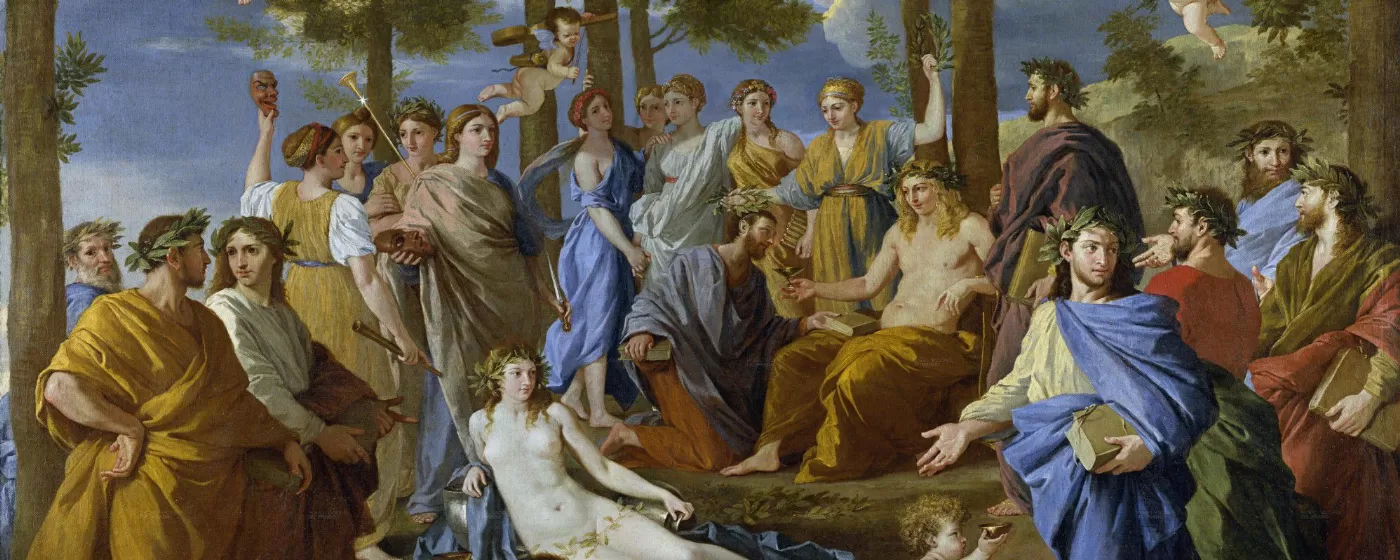
Unlike the Egyptian pantheon, which emphasized permanence and cosmic stability, the Greek gods were more often involved in the affairs of the world, representing both order and chaos, creation and destruction. Their myths explored the tensions between fate and free will, the rise and fall of empires, and the cycles of life, death, and rebirth. Central to Greek myth is the idea that the gods were not distant, unchanging forces but active participants in a world of continual change and human struggle.
In Greek mythology, the gods occupy a unique position as both divine beings and metaphorical representations of human experience. The ancient Greeks treated their pantheon not merely as deities to be worshipped, but as integral components of a religious and political structure that governed their society. This duality allows for a fascinating exploration of the gods as semiconscious entities who reflect human traits and emotions, thereby serving as a rich source of psychological insight. Figures like Carl Jung and Sigmund Freud found fertile ground in these myths to draw parallels between the divine and the psychological, recognizing that the narratives of gods and heroes illuminate fundamental aspects of the human condition.
The Greeks ingeniously blurred the lines between mortals and deities, creating a culture where the characteristics of the gods mirrored human nature, while the aspirations and follies of mortals elevated them to divine status. In this intricate interplay, Greek mythology becomes a prime candidate for understanding the relationship between myth and psychology, as it reveals how the ancients made their men into gods and their gods into men. By examining this interplay, we can uncover deeper truths about identity, agency, and the enduring quest for meaning in human life.
Mythology Series
Zeus: King of the Gods and the Guardian of Order
Zeus, the king of the gods, represents authority, power, and order. His role as the overseer of both gods and humans reflects the hierarchical structure of Greek society. Zeus embodies the balance between authority and chaos, serving as a metaphor for leadership and governance.
Zeus, the king of the gods, was the ruler of the sky and the bringer of justice. His reign followed the defeat of the Titans, signaling the establishment of a new cosmic order. Zeus’s role was primarily to maintain balance and justice among gods and humans alike, but his authority was constantly tested by challenges from both mortals and immortals.
Equivalents in Other Pantheons:
- Egyptian: Amun-Ra, the king of the gods, shares Zeus’s position as the central figure of the pantheon, maintaining divine authority and order.
- Norse: Odin, the all-father, is similarly the ruler of the gods and a figure of wisdom and authority, though Zeus’s role leans more towards justice and law, while Odin’s is tied to fate and knowledge.
Therapeutic Symbolism and Self-Representation:
In therapy, Zeus can symbolize the aspect of self that seeks authority and control, guiding individuals in navigating their own personal power dynamics. He may also represent the father figure, highlighting issues related to paternal authority and the need for guidance.
Zeus represents the archetypal father figure, embodying authority, protection, and judgment. In therapy, Zeus can symbolize the internal sense of justice and the need for order. He might be a figure to explore when dealing with authority issues, boundary setting, and navigating power dynamics within families or organizations. His struggles to maintain power and order can mirror the personal efforts to balance responsibility and desire in one’s life.
Hera: The Goddess of Marriage and Family
Hera, Zeus’s wife, is the goddess of marriage, women, and familial unity. Despite her divine role as the protector of marriage, Hera is often portrayed as vengeful and jealous due to Zeus’s many infidelities. Her myths often focus on her efforts to protect the sanctity of marriage and family, even when her own family was fraught with betrayal and discord.
Hera, the queen of the gods and goddess of marriage, embodies fidelity and the complexities of marital relationships. Her often tumultuous relationship with Zeus illustrates themes of jealousy and empowerment within partnership dynamics.
Equivalents in Other Pantheons:
- Egyptian: Isis, as the wife of Osiris, represents a similar figure of marital devotion and motherhood, though Isis’s role as a healer and nurturer offers a softer, more benevolent image.
- Roman: Juno, Hera’s Roman counterpart, also emphasizes the sanctity of marriage and the role of women in society.
Therapeutic Symbolism and Self-Representation:
Hera can represent the self’s need for validation in relationships, emphasizing the importance of loyalty and the challenges that arise from betrayal. She serves as a figure through which individuals can explore their own relational patterns.
Hera symbolizes the aspect of the psyche concerned with loyalty, jealousy, and the complexities of commitment. In therapy, Hera can be used to explore issues related to marriage, fidelity, and family dynamics. Her frequent conflicts with Zeus over his affairs may also represent the inner turmoil individuals experience when navigating betrayal, control, and the need for security within relationships.
Poseidon: The God of the Sea and Emotional Depth
Poseidon, the god of the sea, symbolizes the unpredictable forces of nature and the subconscious. His temperament reflects the emotional depths and the turbulence of human experience.
Poseidon, the brother of Zeus, ruled over the sea and was known for his temperamental nature. His control over the oceans, storms, and earthquakes made him a figure of both creation and destruction, embodying the untamable and chaotic forces of nature. Poseidon’s realm was vast and unpredictable, symbolizing the emotional depths of the human psyche.
Equivalents in Other Pantheons:
- Egyptian: Sobek, the crocodile god of the Nile, shares Poseidon’s associations with water and its dual potential for life and destruction.
- Hindu: Varuna, the god of the oceans, has similar associations with the vastness and mystery of the sea, as well as the upholding of cosmic law and order.
Therapeutic Symbolism and Self-Representation:
In therapy, Poseidon represents the emotional self, guiding individuals to explore their feelings and the chaos that can arise from emotional turbulence. He emphasizes the need for balance between the rational mind and the depths of emotional experience.
Poseidon represents the unconscious mind and the powerful emotions that lie beneath the surface. In therapy, he is a symbol of emotional intensity, turbulence, and the need to channel or contain these forces. Poseidon’s mythological outbursts can reflect the way unprocessed emotions, such as anger or grief, can rise up and cause internal storms if not acknowledged and understood. His story can be a guide for individuals learning to navigate their emotional worlds and develop resilience in the face of overwhelming feelings.
Athena: The Goddess of Wisdom and Strategic Warfare
Athena, the goddess of wisdom and warfare, embodies intelligence, strategy, and the pursuit of knowledge. She represents the balance between intellect and action, highlighting the importance of wisdom in decision-making.
Athena, born fully armored from the head of Zeus, is the goddess of wisdom, war strategy, and crafts. Unlike Ares, who represents the chaotic and violent aspects of war, Athena’s approach to warfare is strategic and measured. She is often depicted as a protector of heroes and a bringer of justice, embodying intellect and rational thought.
Equivalents in Other Pantheons:
- Egyptian: Neith, the goddess of war and weaving, has similarities with Athena in terms of both martial prowess and association with craftsmanship.
- Norse: Frigg, though more of a motherly figure, shares Athena’s wisdom and her role as a guide for heroes.
Therapeutic Symbolism and Self-Representation:
Athena can be seen as the guiding self that fosters intellectual growth and strategic thinking. She encourages individuals to cultivate their wisdom and discernment in facing challenges.
Athena symbolizes the rational, intellectual side of the self—the part that seeks to solve problems with clarity and strategy. In therapy, Athena represents the mind’s ability to find solutions, think critically, and take measured action. She can be a useful archetype for individuals working on cognitive processing, especially those dealing with anxiety or impulsive decision-making. Athena’s balanced approach to conflict resolution provides a model for individuals seeking to cultivate wisdom and patience in their lives.
Apollo: The God of Light, Music, and Healing
Apollo, the god of the sun, music, and prophecy, symbolizes harmony, creativity, and the pursuit of truth. His duality as a god of both healing and destruction reflects the complex nature of existence.
Apollo, the twin brother of Artemis, was the god of light, music, prophecy, and healing. He was seen as a bringer of order and harmony, often associated with the arts and intellectual pursuits. As a god of prophecy, Apollo also represented the ability to see the truth and bring clarity to situations.
Equivalents in Other Pantheons:
- Egyptian: Thoth, the god of wisdom and writing, shares Apollo’s association with knowledge and intellectual pursuits, though Apollo’s connection to music and healing makes him a more multi-faceted figure.
- Hindu: The god Brahma shares Apollo’s intellectual and creative aspects, particularly as a source of divine knowledge and order.
Therapeutic Symbolism and Self-Representation:
In therapy, Apollo represents the creative self and the quest for truth, encouraging individuals to express themselves artistically and explore their inner visions. He serves as a reminder of the healing power of creativity.
Apollo symbolizes the part of the psyche concerned with truth, clarity, and healing. In therapy, he can represent the pursuit of self-awareness and the integration of mind, body, and spirit. Apollo’s association with prophecy and light makes him a figure of insight and revelation, ideal for individuals seeking clarity in their lives or undergoing processes of self-discovery. His musical and artistic qualities also offer therapeutic routes for those exploring creative expression as a form of healing.
Artemis: The Goddess of the Hunt and Wild Nature
Artemis, Apollo’s twin sister, was the goddess of the hunt, wilderness, and the moon. She was a protector of women, especially in childbirth, and often represented the untamed, wild aspects of both nature and the feminine spirit. As a virgin goddess, Artemis was fiercely independent and valued her autonomy, embodying the balance between nurture and strength.
Equivalents in Other Pantheons:
- Egyptian: Sekhmet, the lioness goddess, shares Artemis’s fierceness and protective qualities, though Sekhmet is more focused on war and destruction than Artemis’s association with nature.
- Roman: Diana, the Roman counterpart of Artemis, holds similar associations with the hunt and the protection of women.
Therapeutic Symbolism and Self-Representation:
Artemis represents the wild, independent aspect of the self. In therapy, she can symbolize personal empowerment, independence, and the connection to nature. For those working through issues of autonomy, self-reliance, or gender identity, Artemis offers a model of the strong, free feminine spirit. She is also a figure for exploring the balance between nurturing others and protecting one’s boundaries, making her especially relevant in discussions around self-care and resilience.
Hades: The God of the Underworld and Keeper of Souls
Hades, the ruler of the underworld, was often depicted as a stern but fair ruler of the dead. Unlike the Christian concept of hell, Hades’ underworld was not a place of punishment but a resting place for all souls. Hades was a figure of inevitability, representing death and the passage from life into the afterlife.
Equivalents in Other Pantheons:
- Egyptian: Osiris, as the god of the dead, shares Hades’ role as the ruler of the underworld, though Osiris is more associated with resurrection and eternal kingship than Hades’s static domain.
- Norse: Hel, the goddess of the underworld, shares Hades’s association with death and the afterlife, though she presides over a more desolate and grim realm.
Therapeutic Symbolism and Self-Representation:
Hades represents the shadow self and the inevitability of confronting mortality. In therapy, he can symbolize the process of accepting death, loss, and the darker aspects of life. His role as the ruler of the underworld also makes him a figure of transformation, helping individuals work through grief, depression, and existential fears. Hades teaches the importance of facing the unknown and integrating the unconscious into one’s personal journey.
Dionysus: The God of Ecstasy, Wine, and Transformation
Dionysus, the god of wine and ecstasy, was a figure of both joy and madness. His worship involved ecstatic rituals and the breaking of societal norms, symbolizing the liberating power of indulgence, transformation, and the loss of control. Dionysus’s dual nature reflected the Greek understanding of life as a balance between order and chaos.
Equivalents in Other Pantheons:
- Egyptian: Hathor, the goddess of music, joy, and fertility, shares Dionysus’s association with celebration and the breaking of norms, though Hathor’s nature is more consistently benevolent.
- Roman: Bacchus, the Roman counterpart of Dionysus, carries the same associations with wine, ecstasy, and transformation.
Therapeutic Symbolism and Self-Representation:
Dionysus represents the part of the psyche that seeks liberation, creativity, and the breaking of constraints. In therapy, he symbolizes the process of transformation, the need to confront and release repressed emotions, and the pursuit of joy in the face of rigid societal structures. For individuals working on creative expression, emotional release, or confronting addiction, Dionysus offers a complex archetype that embodies both the dangers and the transformative potential of excess.
Ares: The God of War and Uncontrolled Conflict
Ares, the god of war, was the embodiment of the chaotic and violent aspects of battle. Unlike Athena, who represented strategy and controlled warfare, Ares was associated with bloodlust and uncontrolled aggression. His presence in Greek mythology is often viewed negatively, representing the darker, more destructive side of human nature.
Equivalents in Other Pantheons:
- Egyptian: Set, the god of chaos and destruction, shares Ares’s association with conflict and violence, though Set’s role is more connected to cosmic chaos than human warfare.
- Norse: Thor, though often a protector, also shares some aspects of Ares in his association with battle and destruction.
Therapeutic Symbolism and Self-Representation:
Ares represents the uncontrolled, aggressive aspects of the self. In therapy, he can symbolize unresolved anger, conflict, or the destructive tendencies individuals might need to confront. Ares offers a way to explore the nature of anger and its role in both self-destruction and self-protection. For those dealing with rage, aggression, or the fallout of unchecked conflict, Ares serves as a reminder of the need to understand and channel these emotions productively.
Bibliography & Further Reading on Greek Mythology
- Graves, Robert. The Greek Myths. Penguin Books, 1992.
- A classic compendium of Greek myths, Robert Graves provides detailed retellings and commentary on the stories and figures in Greek mythology, offering insight into their symbolic meanings.
- Hamilton, Edith. Mythology: Timeless Tales of Gods and Heroes. Little, Brown and Company, 1942.
- Hamilton’s work is one of the most widely-read and respected resources on Greek mythology, providing clear and accessible retellings of myths alongside commentary on their historical and cultural contexts.
- Kirk, G.S. The Nature of Greek Myths. Penguin Books, 1974.
- A scholarly analysis of the function and meaning of Greek myths within ancient Greek culture, Kirk’s work explores how these stories reflect human experience and societal structure.
- Burkert, Walter. Greek Religion: Archaic and Classical. Blackwell Publishing, 1985.
- Burkert’s comprehensive work delves into the religious practices, beliefs, and myths of ancient Greece, shedding light on how mythology was intertwined with daily life and religious worship.
- Vernant, Jean-Pierre. Myth and Society in Ancient Greece. Zone Books, 1980.
- Vernant examines Greek myths through the lens of structural anthropology, exploring how myth reflects social, political, and religious structures in ancient Greece.
- Apollodorus. The Library of Greek Mythology. Oxford World’s Classics, 1997.
- This ancient work, attributed to Apollodorus, is a collection of myths and genealogies from Greek mythology, offering an invaluable source of information on the myths and legends that shaped Greek religious thought.
- Powell, Barry B. Classical Myth. Pearson, 2011.
- A thorough introduction to Greek and Roman myths, Powell’s work also explores the literary, cultural, and psychological significance of these myths, making it a valuable resource for understanding their impact on Western thought.
- Kerényi, Karl. The Gods of the Greeks. Thames & Hudson, 1951.
- Kerényi’s book offers a deep exploration of the nature and personalities of the Greek gods, tracing their origins and evolution through myth and literature.
- Hard, Robin. The Routledge Handbook of Greek Mythology: Based on H.J. Rose’s Handbook of Greek Mythology. Routledge, 2004.
- A modern and comprehensive guide to Greek mythology, this handbook covers the major and minor gods, heroes, and myths, providing detailed genealogies and explanations of their cultural significance.
- Morford, Mark, and Robert J. Lenardon. Classical Mythology. Oxford University Press, 2010.
- Morford and Lenardon’s text combines scholarly analysis with accessible storytelling, offering an overview of Greek myths along with insights into their lasting influence on Western literature, art, and philosophy.
- Nagy, Gregory. The Ancient Greek Hero in 24 Hours. Harvard University Press, 2013.
- Nagy provides a comprehensive exploration of the hero archetype in Greek mythology, discussing how myths reflect larger themes of morality, identity, and society.
- Leeming, David. The Oxford Companion to World Mythology. Oxford University Press, 2005.
- This extensive reference book covers mythology from all over the world, including Greek myths. It’s an excellent resource for comparing myths across different cultures.
- Campbell, Joseph. The Hero with a Thousand Faces. Princeton University Press, 1949.
- Though focused on comparative mythology, Campbell’s seminal work touches on Greek mythological figures and their role in shaping the archetype of the hero’s journey.
- Detienne, Marcel, and Jean-Pierre Vernant. Cunning Intelligence in Greek Culture and Society. University of Chicago Press, 1991.
- This work explores the concept of mêtis (cunning intelligence) in Greek myth and culture, particularly focusing on figures like Odysseus, and how they embody this archetypal form of intelligence.
- Calasso, Roberto. The Marriage of Cadmus and Harmony. Vintage, 1994.
- A literary retelling of several Greek myths, Calasso’s book offers a philosophical and poetic interpretation of these ancient stories, focusing on themes of fate, chaos, and divine intervention.
- Fontenrose, Joseph. Python: A Study of Delphic Myth and Its Origins. University of California Press, 1974.
- This work examines the Delphic myths and the role of the oracle of Apollo in Greek religion, focusing on the myth of Python and its significance in Greek mythology.
- Dowden, Ken. The Uses of Greek Mythology. Routledge, 1992.
- Dowden’s book explores how Greek mythology has been used throughout history to understand human nature, interpret the world, and construct cultural identity.
- Doherty, Lillian E. Gender and the Interpretation of Classical Myth. Duckworth Publishers, 2001.
- This book offers a feminist perspective on Greek mythology, analyzing how myths reflect ancient gender roles and how modern interpretations can reframe these stories.
- Buxton, Richard. The Complete World of Greek Mythology. Thames & Hudson, 2004.
- A visually rich guide to Greek mythology, Buxton’s work provides clear summaries of the myths along with illustrations of ancient art and artifacts that bring the stories to life.
- Segal, Robert A. Myth: A Very Short Introduction. Oxford University Press, 2004.
- Segal offers an introduction to myth in general, including Greek mythology, examining how myths have been interpreted by different schools of thought, from psychoanalysis to structuralism.



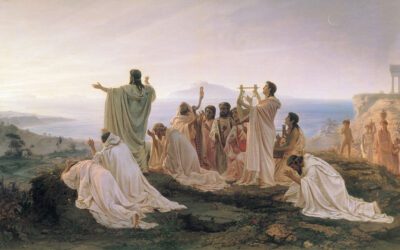
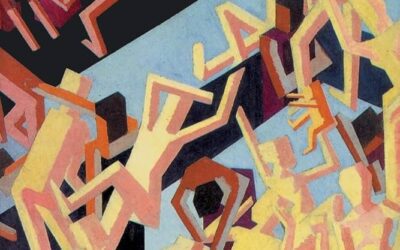
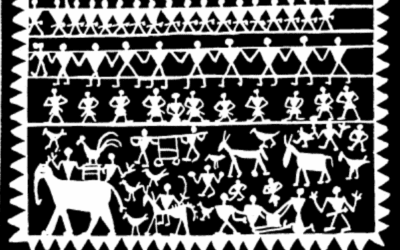


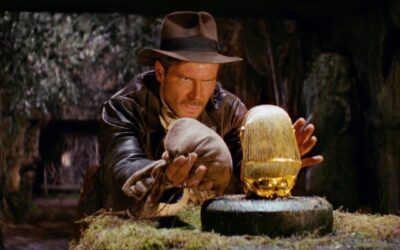
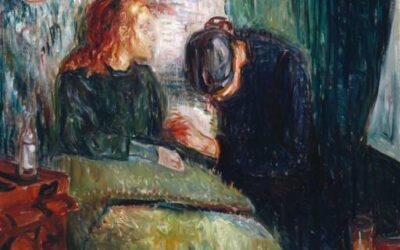

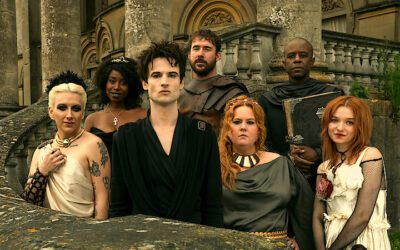
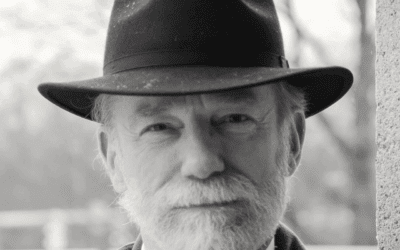
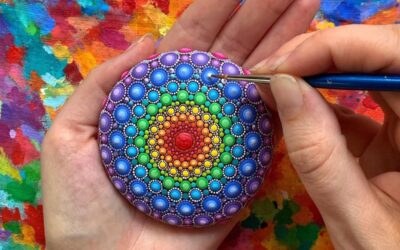
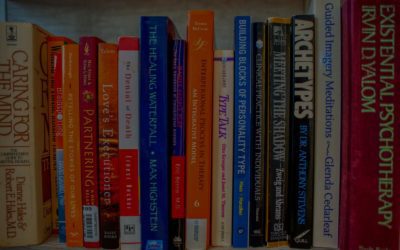

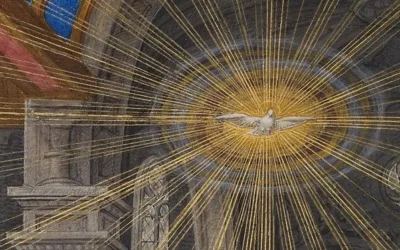


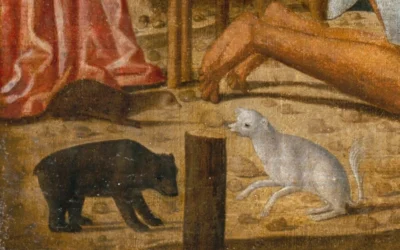
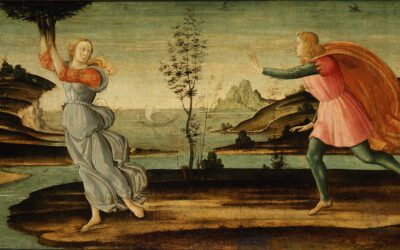


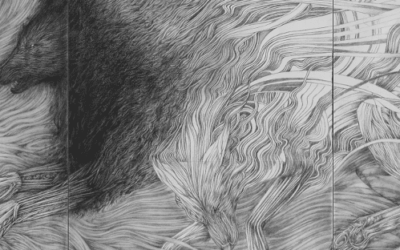


0 Comments